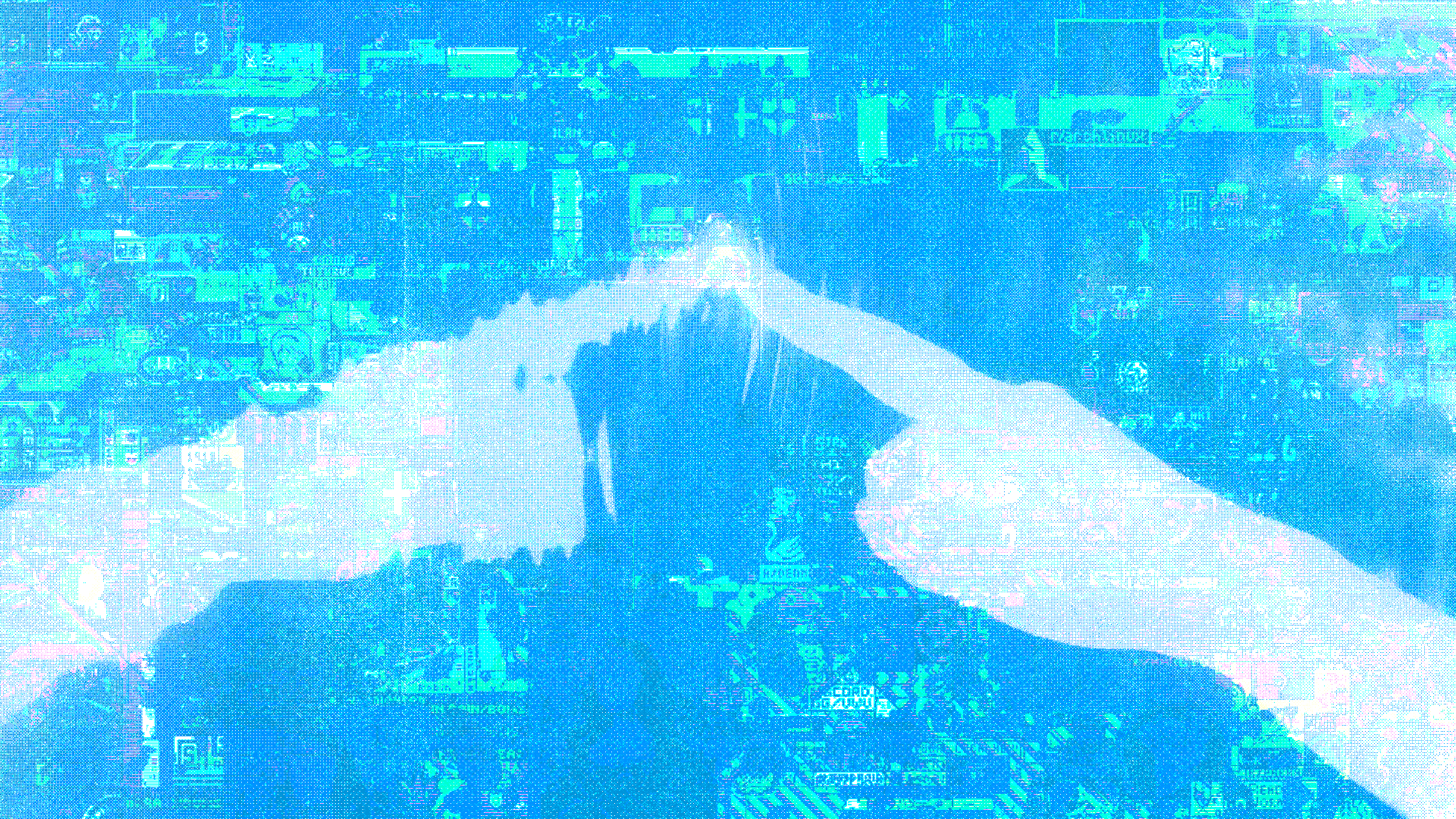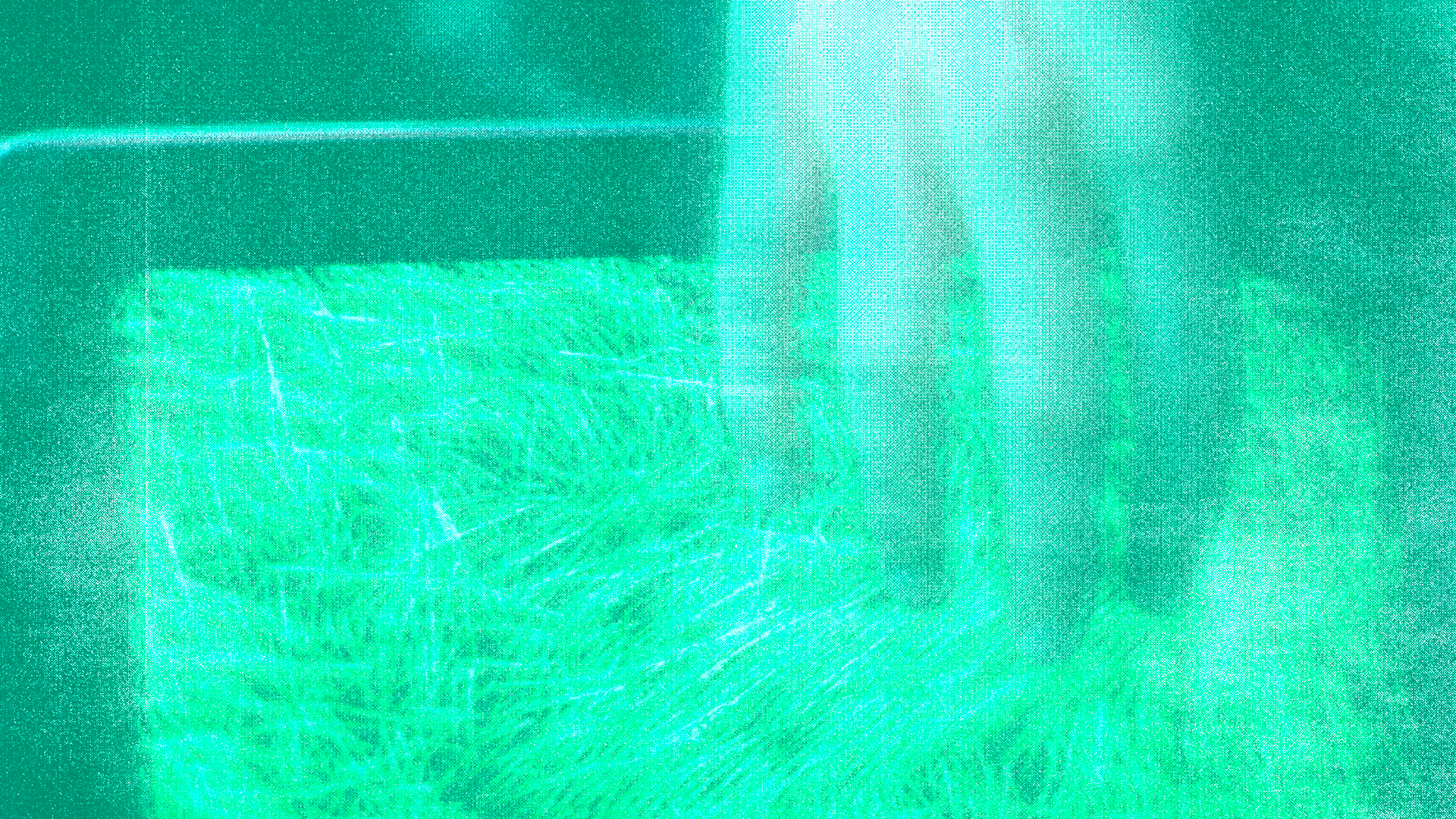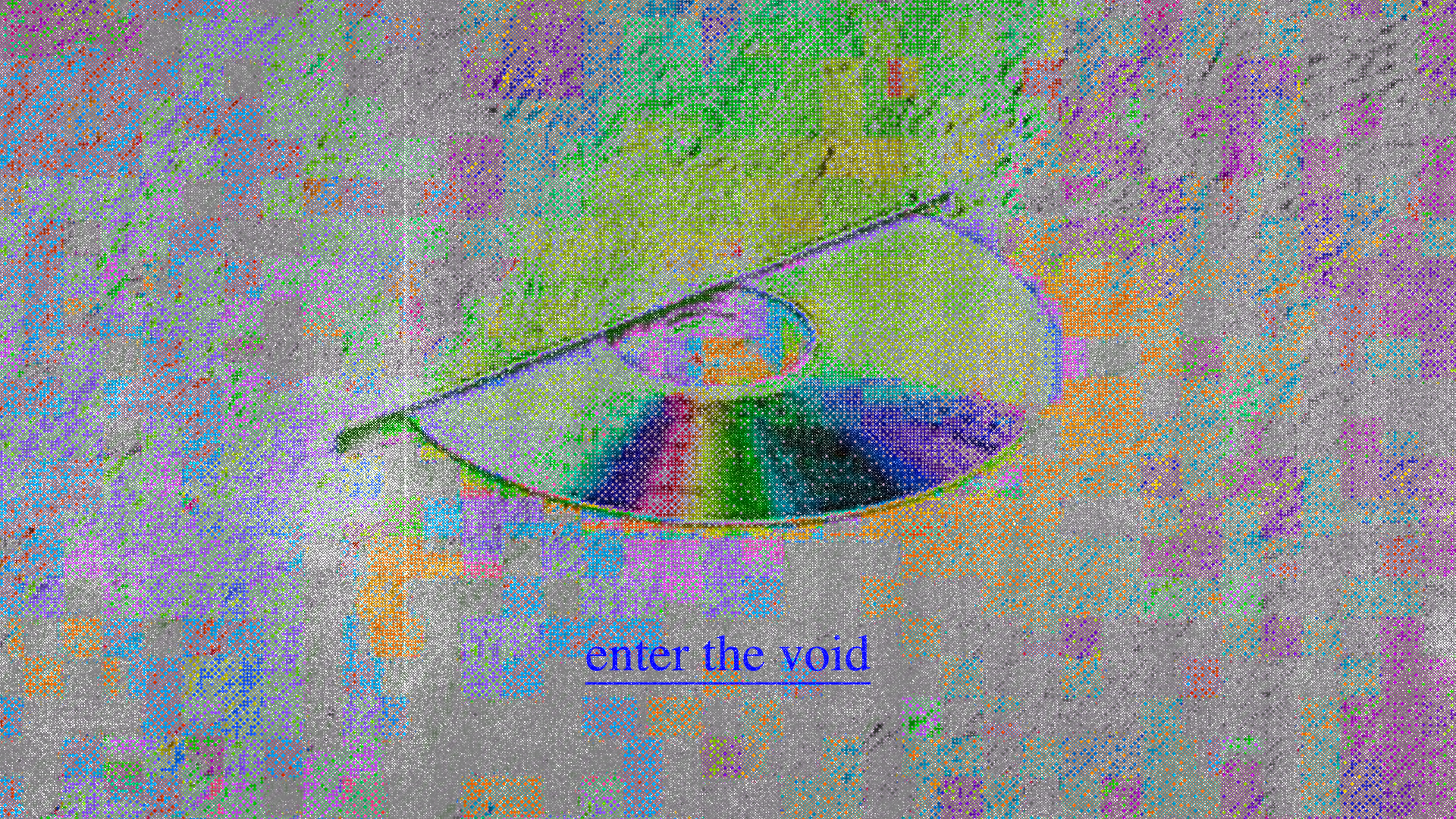- Ariel LeBeau
- Austin Robey
- David Blumenstein
- David Ehrlichman
- David Kerr
- Devon Moore
- Dexter Tortoriello
- Drew Coffman
- Drew Millard
- Eileen Isagon Skyers
- FWB Staff
- Greg Bresnitz
- Greta Rainbow
- Ian Rogers
- Jessica Klein
- Jose Mejia
- Kelani Nichole
- Kelsie Nabben
- Kevin Munger
- Khalila Douze
- Kinjal Shah
- LUKSO
- Lindsay Howard
- Maelstrom
- Marc Moglen
- Marvin Lin
- Mary Carreon
- Matt Newberg
- Mike Pearl
- Mike Sunda (PUSH)
- Moyosore Briggs
- Nicole Froio
- Ruby Justice Thelot
- Simon Hudson
- Steph Alinsug
- The Blockchain Socialist
- Willa Köerner
- Yana Sosnovskaya
- Yancey Strickler
- iz

Wed Aug 03 2022

FWB FEST takes place next weekend, in Idyllwild, California. For the first time, over three days, our digital city will come to life offline. If our personal identities and real-life relationships have largely been determined by our geographic locations and proximities to one another “IRL,” our online communities have often been an escape from that — allowing us to breach the boundaries of cities, states, and continents.
Many of us can recall the moment we first set foot online — some as long ago as the early 1990s. We remember the first website we ever encountered, or the first things we searched for: Neopets, flash animation, the name of an obscure Japanese band. We connected with others via chat rooms and online forums that satisfied our appetite for community, even if at some point along the way it began to feel like we were trading friendships for followers and conversations for comments. We no longer needed to wait to run into friends during our daily errands, or call them over the phone; we could immerse ourselves fully in the worlds we all began co-creating online. A great majority of us have not truly logged off since.
We wanted to explore how the online communities we are a part of impact our development as people and as artists. So, we asked a number of the musicians performing at FWB FEST to open up about their respective journeys into the infinite and undefined web. Below, Telefon Tel Aviv, Kilo Kish, Nadya Tolokonnikova from Pussy Riot, Sudan Archives, Julianna Barwick, Haleek Maul, Trayer from Hundred Waters, and Christopher Willits tell us about the online communities that have shaped them, become a part of them, and in some cases transformed their lives and careers.—Eileen Isagon Skyers
Telefon Tel Aviv: Honestly, it was probably the O.G. IDM List in the ’90s. I was online and coming of age in a very pre-social-media era. It wasn’t people posting pictures of themselves or videos doing CrossFit; it was message boards talking about Autechre. The technology didn’t exist for us to give ourselves 15 minutes of viral fame yet.
My mentor, Tony Thibault, likely showed it to me — I think discovery in those days was almost always word of mouth. [The IDM List] was a bunch of unserious people talking shit most of the time, a lot of nascent arguments about analog vs. digital, Aphex Twin vs. Autechre, PC vs. Mac, but centered on the theme of “We all love strange and futuristic electronic music.” I got turned on to a lot of new music that I fell in love with that I might not have discovered otherwise.
Trayer, of Hundred Waters: I’ve never been a big poster, but I’ve had some advanced DM slides over the years. I met the person who I learned how to do art with, Nusi Quero, [a fashion designer, former Hundred Waters member, and mastermind of Beyoncé's Renaissance album cover outfit], on AOL Instant Messenger back in middle school. The basis of our internet friendship, before we were making music, was trading MP3s.
Nadya Tolokonnikova, of Pussy Riot: Torrent trackers, specifically RuTracker and The Pirate Bay, were the most helpful community platforms that informed my artistic development. Peer-to-peer decentralized file sharing gave me endless and free access to music, movies, and lectures that shaped my life and art. All I needed was internet access.
Sudan Archives: I used to love MySpace, and the coding education you learned by using it.
Kilo Kish: When I was a teenager, I was super into Myspace. It was the first place where I was able to explore coding and create my own world to my specifications. It was one of the first times I tried to dissect myself through the lens of how others might see me, while online. That’s still a huge part of my work: exploring aesthetic choices, social media, and the entertainment industry.
Julianna Barwick: This is easy. I had my music on Myspace by 2005, I’m pretty sure. Pitchfork had posted a live performance/interview with Panda Bear done in Lisbon by Sérgio Hydalgo for his blog, Má Fama. I am a huge Panda Bear fan, so I listened to it. Then I friend-requested the Má Fama Myspace page.
Sérgio listened to my music and asked if I would want to come to Lisbon and play some shows. I agreed, even though I had no idea how I would afford to go. Then he put a couple of my tracks on his blog, and a guy in London, [the producer and artist] Damien Roach of Patten, got in touch about doing some shows in London. I went to both cities for about three weeks towards the end of 2007, and it totally opened up my world. Sérgio and I did a performance/interview for Má Fama that was featured on Pitchfork, and at the last minute, I opened for Dirty Projectors in London (through Damien). That turned into an important friendship for me. So many other things came from that trip, but most of all, I realized that I definitely wanted to do this in life. I came back, quit my dismal photo studio job, and went for it.

Haleek Maul: Platform-wise, Facebook firstly was very important to me as far as my musical communities went. I met a lot of people on there early. There was a point on Facebook where you could message pretty much 90 percent of the people that are big now, that are names now. I remember I used to talk to Danny Brown on Facebook. I used to talk to Travis Scott on Facebook. I used to talk to mad random people on Facebook.
But the platform I feel really benefitted me the most was Tumblr, when it comes to community, just because I felt like I was discovering a lot of new things. Whereas Facebook was a lot to do with your immediate friend group, maybe the people you find or follow, with Tumblr I was getting a lot of exposure to other people’s accounts — the art that they liked and stuff like that. It was a lot more fast-paced. It had a very good cadence to it, and I met a lot of dope musicians and photographers and graphic designers from there. That’s where I really started to shape my taste and my understanding of how I approach everything I do today.
Sudan Archives: The first time I went viral on the internet was on Tumblr. I just started doing my hair, and a picture of yarn braids that [I posted blew up]. I realized how powerful the internet was and how it can be a strong tool for a young, up-and-coming artist.
Kilo Kish: When I moved to New York, and I was in college for design, Tumblr was where my music broke and I found my first fans. It changed the trajectory of my life and career, for sure.

Trayer: I joined Twitter in the early 2010s and met a lot of people who ended up forming my music community. I met Ryan Schreiber, founder of Pitchfork, through a Twitter DM when I heard he was down in the small Florida town I lived in. I gave him a CD of my band Hundred Waters' first album, right before we finished it, and he apparently shared it around.
Sudan Archives: SoundCloud was one of my favorite platforms to post demos that I was working on and loop station jams. YouTube taught me so much about music production and different kinds of traditional string music from all over the world. I’ve made so many music connections on the internet that helped get me to where I am today.
Trayer: BeReal has taken most of my posting energy for the last few months. I think they are uniquely suited to start selling users’ posts as clean datasets for facial-recognition companies. A candid post of each user’s face every day is a pretty rare thing to have access to. BeReal has affected my artmaking and community in that it’s made me more interested and comfortable with myself and others looking old and fucked up.
Christopher Willits: The community of Envelop, the non-profit I co-founded and direct, has deeply influenced how I think about music. I’ve experienced and witnessed this incredible amplification of joy, inspiration, and empathy when we listen to music intentionally within a group. Slowing down together to soak into the space of sound, especially with music that’s composed for an immersive space of listening, allows us to feel our connection to each other on another level. It always makes me remember that in such a tangible way, we are part of a larger whole.
FWB FEST is going down from Friday, August 12 to Sunday, August 14. Information and tickets here.
Graphics by Fiona Carty.


